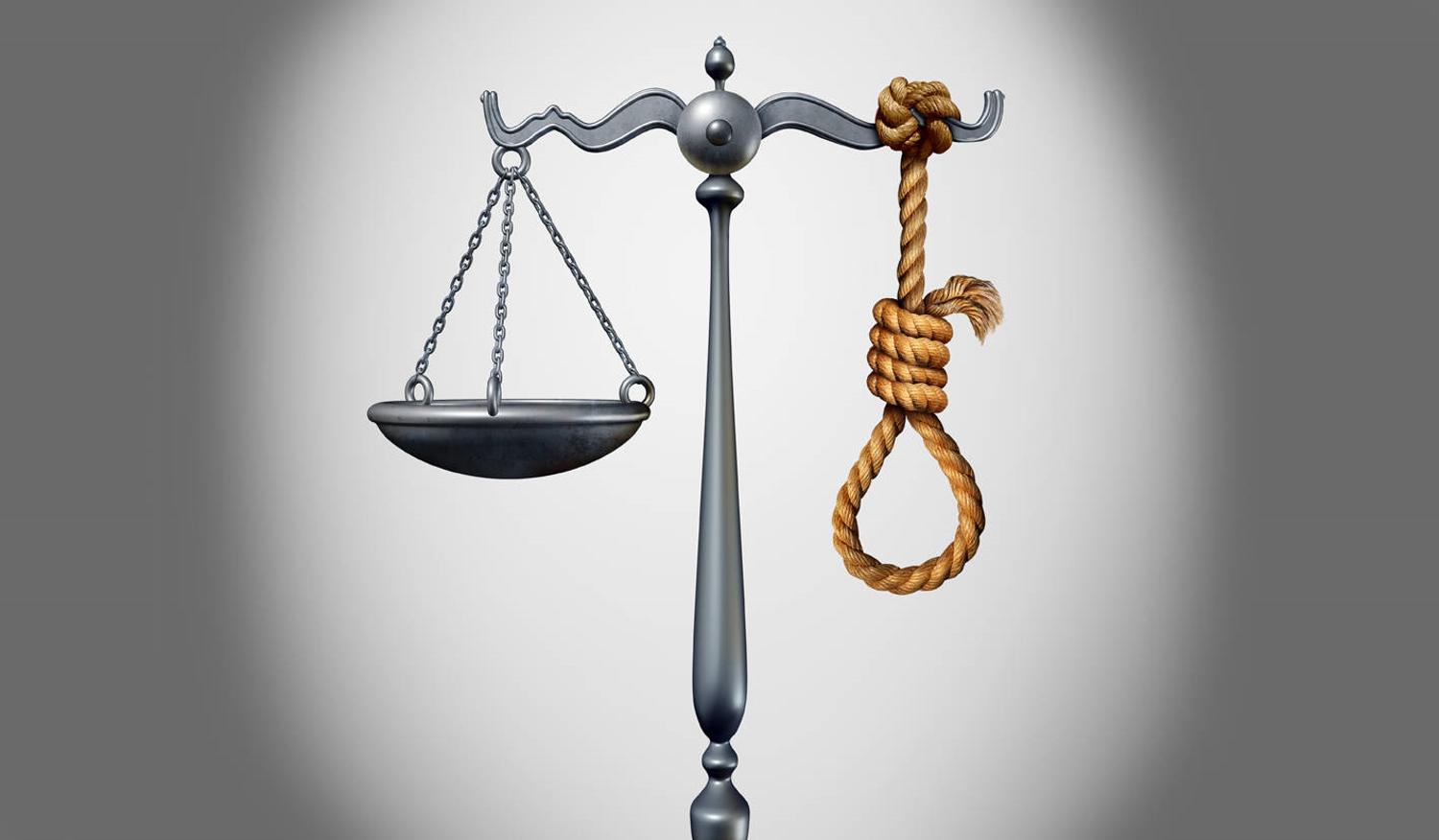
It is indeed no less than a complex quagmire to gauge whether death penalty, a ‘fine’, envisaging the whole being of a person, demolishing his entire existence in universe, should be seen as a punishment or revenge? Although the notions of punishment, which aims to correct a person and that of revenge, whose only objective is to gratify the induced inner evil sadism, are disparate, they meet at some point when the question reaches to death sentence.
It would be exaggeration when we, without much thought, blatantly associate retribution with evilness. Retaliation is appropriately euphemized as justice where one gets a punishment, he/she deserves. For crimes as heinous as rape, murder, heresy and where the criminal deed is diabolical, brutal, revolting and awakens extreme indignation of the victim community, nothing short of death seems to do justice to the accused. Many a times, the motives of the crime are only total depravity and cruelty, and death is supposed to act as deterrent for would-be criminals. Thomas Aquinas noted that when criminals accept death punishment, they undergo a ‘spiritual rehabilitation’ in their last days when they repent and are filled with remorse for their actions.
However, not all heinous crimes are committed under sadistic whims, in fact, in most cases the emotional state of the criminal is such that he/she is not able to think of possible consequences of his actions. Mental illness, defective sickness, brainwashing, toxic upbringing, etc. have been the main causes of the most gruesome crimes in the world. Statistics have also proved that death penalty rarely deters crimes. It is because of this that death has been abolished as a punishment in most of the developed countries. According to UN Secretary general’s report, some 170 countries have abolished Capital punishment or have put a moratorium on the same in practice.
Despite global moratorium on death penalty by UN, India upholds capital punishment for intentionally brutal and cold-blooded criminal actions. However, it doesn’t have any edge on deterrence of such crimes. Death has been prescribed in Rape cases since 2013, and yet the brutality and number of cases are rising manifold in the country. The main reason for this is execution of the innocent, delay in justice and ineffective investigation which often facilitates criminals to get away with the crimes they have committed. Indian data makes us conclude that it is not severity of punishment but certainty of it which can deter crimes.
Apparently too, death penalty seems more like a revenge since it is impulsive and doesn’t leave any scope of reform for the other person. Punishments always have some latent optimism where a transitory pain is inflicted for a greater cause which is usually in the direction of reforming the culprit, taking into account his abilities and potential of being of some value to a society. However, sometimes when the existence of the person becomes detrimental for society, and the felony committed too dire, death penalty gives recourse as the most severe form of punishment where the greater intention is not just the transformation of the person but cleansing of a society of such harmful elements on a short-term basis.
Death is an absolute truth, still, the most feared ramification for any action. Death penalty thus often succeeds in instilling the required terror for quelling crimes. In spite of all these, in the pages of a person’s life where he could have seen gory consequences for his momentary loss of temper or leisure or some other cupid motive and could have passed or spread the lessons learnt, how prudent is it to end everything with a full stop.
